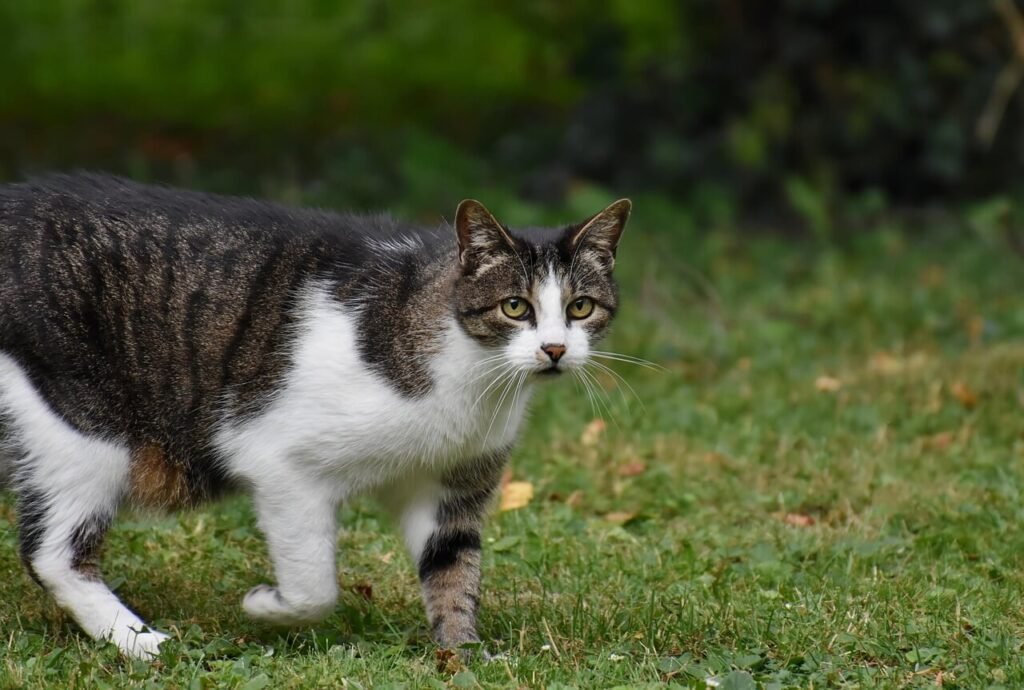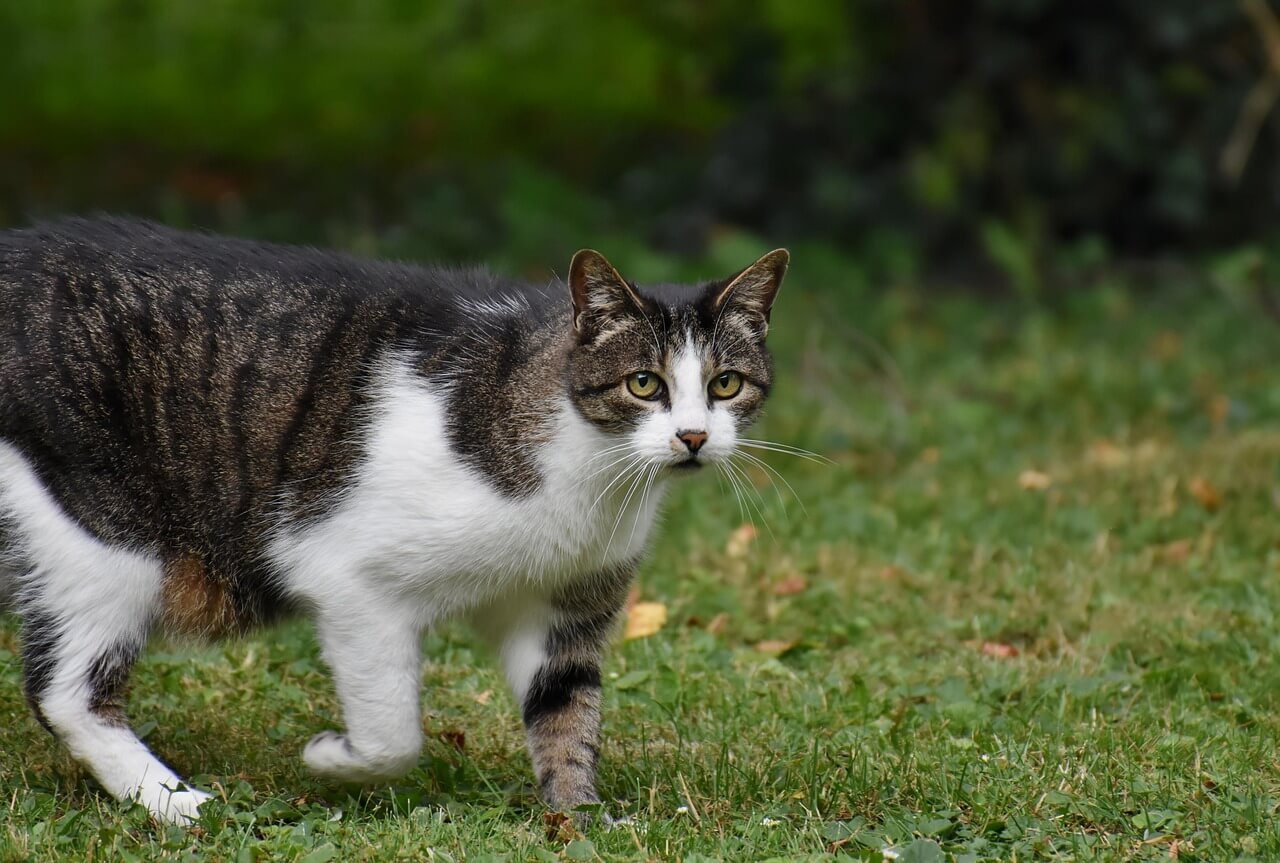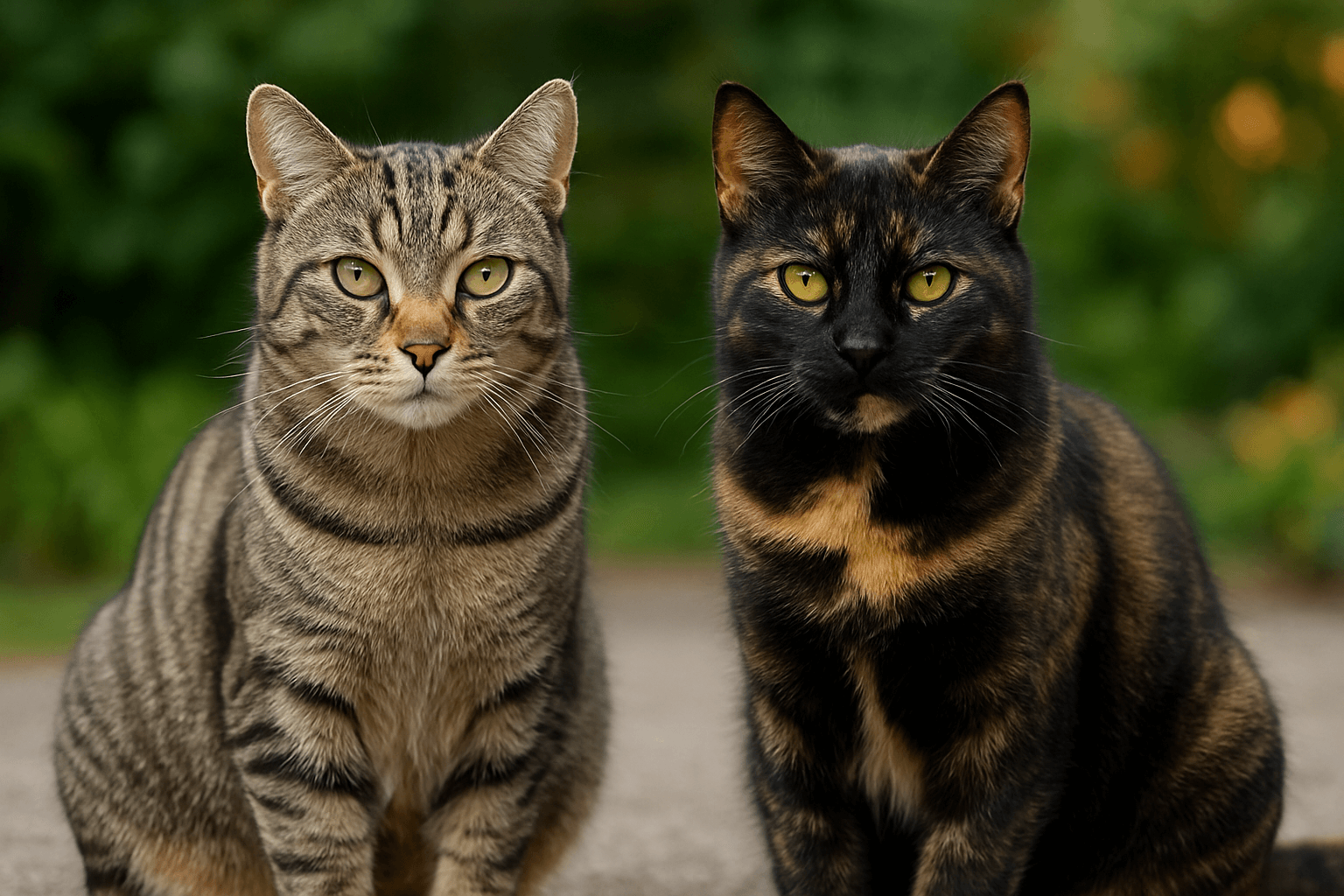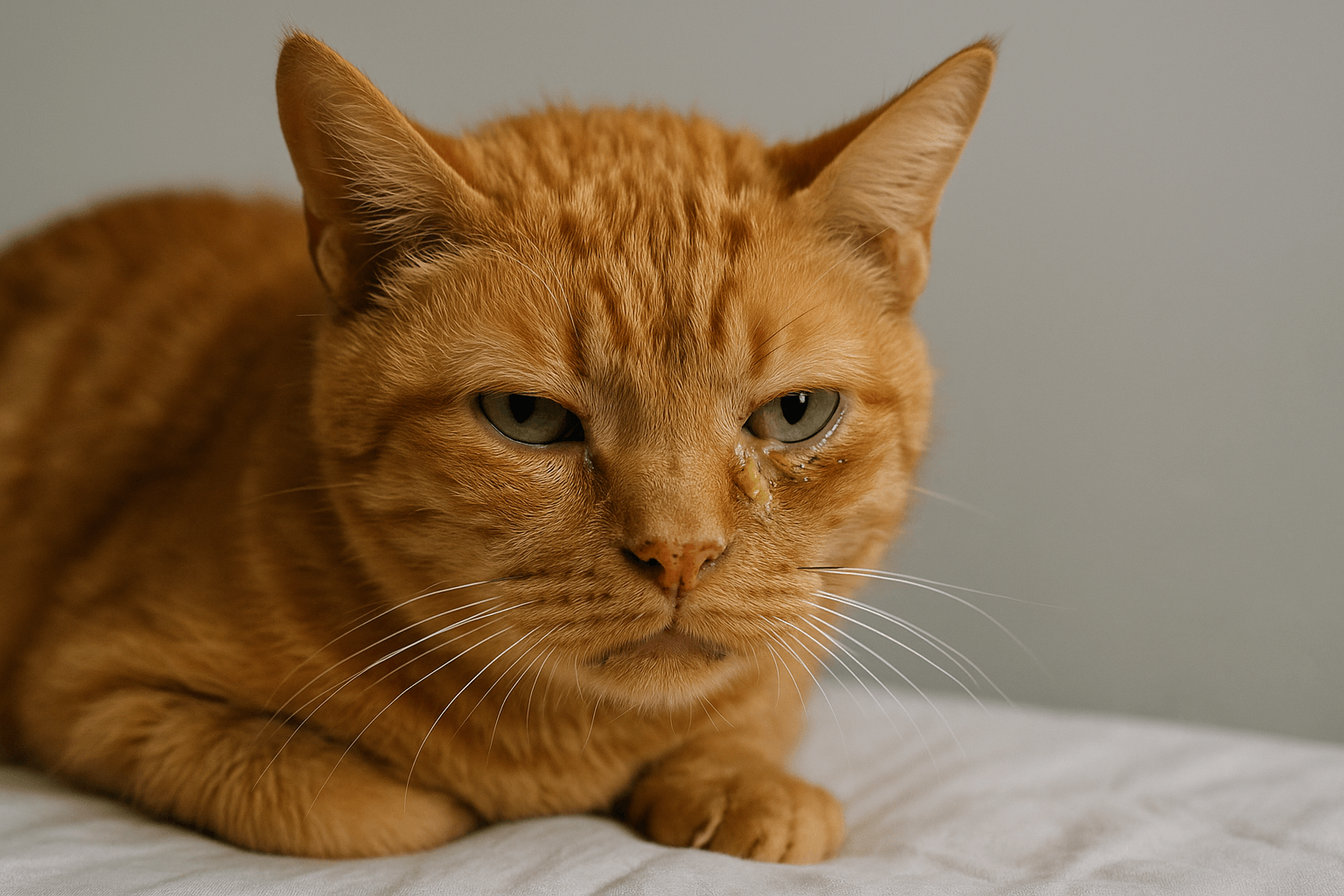Do Ants Like Cat Litter?
If you’ve ever noticed ants swarming around your cat’s litter box, you might be wondering whether they’re attracted to the cat litter itself or something else entirely. While ants are opportunistic creatures that seek out food and moisture, their presence near a litter box can raise questions about whether cat litter is appealing to them. Understanding this behavior can help you address the issue effectively and keep both your home and your feline friend comfortable. In this blog post, we’ll explore why ants might be drawn to cat litter, how to prevent infestations, and what steps you can take to maintain a clean and ant-free environment.
Why Ants Are Attracted to Cat Litter Areas
Ants are not typically attracted to cat litter itself but rather to the conditions surrounding it. Here are some reasons why ants might invade your cat’s litter box area.
Moisture in the Litter Box:
Many types of cat litter absorb moisture, creating damp spots that ants find appealing, especially in dry climates.Food Particles in Waste:
If your cat’s waste contains undigested bits of food, it can attract ants looking for an easy meal.Scent of Urine or Feces:
The strong odor of cat waste may draw ants to investigate the area, mistaking it for a potential food source.Spilled Litter Outside the Box:
Loose litter particles on the floor can trap moisture and food residue, making them attractive to ants.Sweet-Smelling Additives:
Some scented litters or odor-neutralizing additives may inadvertently attract ants due to their sugary or floral fragrances.
While ants aren’t inherently drawn to cat litter, these factors create an environment that can entice them to stick around.
Types of Cat Litter and Their Appeal to Ants
Not all cat litters are created equal when it comes to attracting ants. Some materials and features may inadvertently make your litter box more appealing to these tiny invaders.
Clumping Clay Litter:
Clumping litters retain moisture effectively, which can create damp pockets that attract ants seeking hydration.Silica Gel Litter:
Silica gel is highly absorbent but often dries out completely, making it less appealing to ants compared to other types.Biodegradable Litters (e.g., Corn, Wheat):
Made from natural materials, these litters can sometimes double as a food source for ants if they mistake it for edible grains.Scented Litters:
Strong fragrances in scented litters can mask odors temporarily but may also confuse ants into thinking there’s food nearby.Non-Clumping Litters:
These litters tend to spread moisture unevenly, leaving wet patches that ants find inviting.
Choosing the right type of litter can play a significant role in deterring ants from invading your cat’s space.
Check this guide 👉Does Cat Litter Deter Mice? Best 7 Expert Tips!
Check this guide 👉Cat-Safe Ant Repellent: Best 7 Expert Tips!

Ways to Prevent Ants Around Cat Litter | Common Mistakes That Attract Ants |
|---|---|
Keep the litter box area clean and dry | Leaving spilled litter on the floor |
Use ant-proof litter mats | Using overly scented litters |
Store litter in sealed containers | Not cleaning the litter box regularly |
Place diatomaceous earth near the box | Ignoring moisture buildup in the litter |
Seal cracks where ants enter your home | Overlooking food particles in waste |
How to Keep Ants Away from Your Cat’s Litter Box
Preventing ants from invading your cat’s litter box requires proactive measures and consistent maintenance. Follow these tips to keep your home ant-free.
Clean the Litter Box Daily:
Regular cleaning removes waste and reduces odors that might attract ants.Use Natural Deterrents:
Sprinkle cinnamon, coffee grounds, or diatomaceous earth around the litter box to repel ants naturally.Seal Entry Points:
Inspect your home for cracks or gaps where ants could enter and seal them with caulk or weatherstripping.Switch to Unscented Litter:
Opt for unscented or minimally scented litter to avoid confusing ants with artificial fragrances.Store Litter Properly:
Keep extra litter in airtight containers to prevent ants from accessing it as a potential nesting site.
By implementing these strategies, you can create an inhospitable environment for ants while ensuring your cat’s comfort.
Signs of an Ant Infestation Near the Litter Box
Detecting an ant problem early can help you address it before it becomes a larger issue. Look out for these telltale signs.
Visible Ant Trails:
Lines of ants leading to or from the litter box indicate an active infestation.Tiny Ant Mounds:
Small piles of dirt or sand near the litter box may signal ant nests forming nearby.Increased Activity at Night:
Ants are nocturnal, so noticing more activity during evening hours suggests they’re targeting the area.Unusual Smells:
A sour or musty odor near the litter box could mean ants are contaminating the area.Cat Avoidance Behavior:
If your cat suddenly refuses to use the litter box, ants or their scent might be deterring them.
Recognizing these signs allows you to act quickly and prevent further complications.
Common Mistakes That Worsen Ant Problems
Certain habits or oversights can exacerbate ant issues around your cat’s litter box. Avoid these common mistakes to keep your home pest-free.
Neglecting Regular Cleaning:
Failing to scoop the litter daily allows waste to accumulate, attracting ants faster.Using Harsh Chemicals:
Strong chemical repellents can harm your cat and may not address the root cause of the infestation.Ignoring Food Sources Nearby:
Leaving pet food or water bowls close to the litter box can double the attraction for ants.Overlooking Tiny Cracks:
Even small openings can serve as entry points for ants, so thorough inspections are crucial.Storing Litter Improperly:
Leaving bags of litter open invites ants to nest inside, worsening the problem over time.
Avoiding these pitfalls ensures a cleaner, safer environment for your cat.
Alternative Solutions to Combat Ants Naturally
If traditional methods aren’t working, consider these alternative approaches to repel ants safely and effectively.
Vinegar Spray:
Mix equal parts vinegar and water, then spray it around the litter box area to disrupt ant trails.Essential Oils:
Peppermint, tea tree, or citrus oils can deter ants while adding a pleasant scent to the room.Baking Soda Barriers:
Sprinkle baking soda along baseboards or near the litter box to create a physical barrier ants won’t cross.Herbal Plants:
Place potted herbs like mint or lavender near the litter box to naturally repel ants.Homemade Ant Traps:
Combine sugar and borax in shallow dishes to lure and eliminate ants away from the litter area.
These eco-friendly solutions offer creative ways to tackle ant problems without resorting to harsh chemicals.
Understanding Ant Behavior Around Cat Litter
To effectively combat ants, it helps to understand their behavior and motivations. Here’s what drives them to invade your cat’s litter box area.
Foraging Instincts:
Ants are constantly searching for food and water, making moist areas like litter boxes prime targets.Colony Communication:
Once one ant finds a resource, it communicates with the colony, leading to rapid infestations.Attraction to Sweet Scents:
Scented litters or air fresheners can mimic food signals, drawing ants toward the litter box.Preference for Dark Spaces:
Ants often seek shelter in hidden, undisturbed areas, which litter boxes can resemble.Seasonal Activity Spikes:
Warmer months or rainy seasons increase ant activity, making infestations more likely during these times.
By understanding these behaviors, you can anticipate and counteract ant invasions more effectively.
Frequently Asked Questions About Ants and Cat Litter
Do ants eat cat litter?
No, ants don’t eat cat litter itself, but they may be attracted to moisture, food particles, or scents associated with it.
Can ants harm my cat?
While ants generally don’t pose a direct threat to cats, certain species (like fire ants) can bite and cause discomfort.
What’s the best litter to deter ants?
Unscented silica gel or non-biodegradable litters tend to deter ants better than scented or grain-based options.
How do I clean up after an ant infestation?
Remove all litter, disinfect the box thoroughly, and replace it with fresh litter after addressing the root cause of the infestation.
Are natural deterrents safe for cats?
Most natural deterrents like cinnamon or diatomaceous earth are safe, but always ensure your cat doesn’t ingest them directly.
Maintaining a Clean and Ant-Free Environment for Your Cat
Dealing with ants near your cat’s litter box can be frustrating, but understanding their motivations and taking preventive measures makes it manageable. By keeping the area clean, choosing the right litter, and using natural deterrents, you can protect your home from unwanted pests without compromising your cat’s well-being. Remember, consistency is key—regular maintenance and vigilance will go a long way in ensuring a harmonious living space for both you and your furry companion. With these strategies in place, you can enjoy peace of mind knowing your cat’s litter box remains a safe and hygienic zone.
How to Register a Therapy Cat Therapy cats play a vital role in providing comfort, emotional support, and companionship to individuals …
Understanding Osteoarthritis in Cats: Best 7 Expert Tips! Learn how to identify, manage, and improve your cat’s joint health with practical advice from veterinary experts.
Tabby Cat vs Tortoiseshell: Best 7 Expert Tips! Discover the differences in patterns, personalities, and care needs between tabby and tortoiseshell cats to find your perfect feline companion.
Understanding Trichomoniasis in Cats: Best 7 Expert Tips! Discover symptoms, treatment, and prevention strategies for this common feline parasite to keep your cat healthy and happy.




